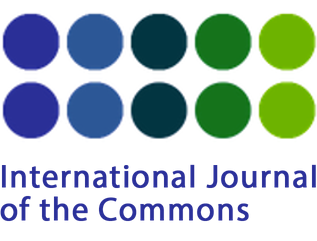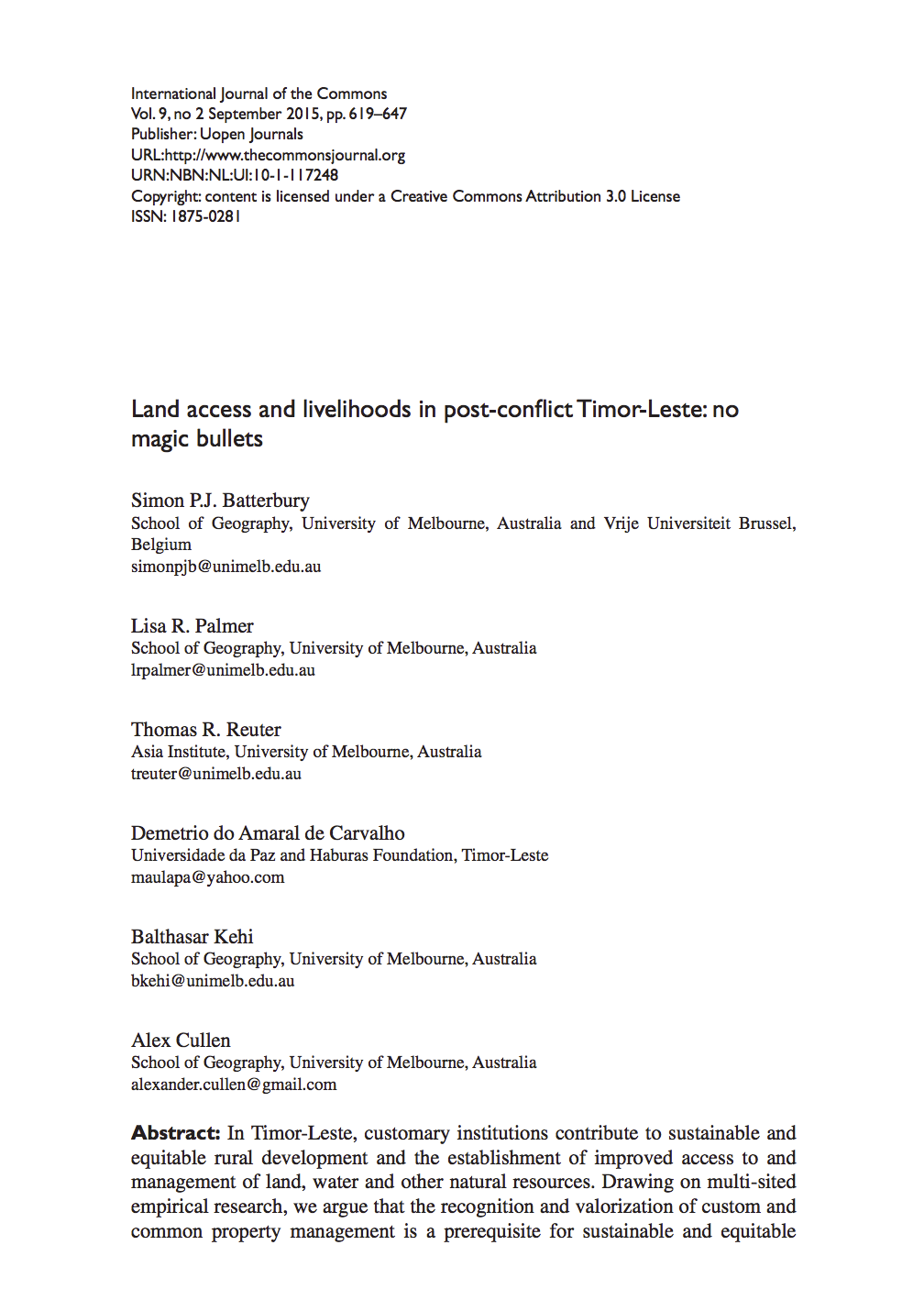Location
P.O.box 80115, 3508 TC Utrecht, The Netherlands
The International Journal of the Commons (IJC) is an initiative of the International Association for the Study of the Commons (IASC).
As an interdisciplinary peer-reviewed open-access journal, the IJC is dedicated to furthering the understanding of institutions for use and management of resources that are (or could be) enjoyed collectively. These resources may be part of the natural world (e.g. forests, climate systems, or the oceans) or they may emerge from social realities created by humans (e.g. the internet or (scientific) knowledge, for example of the sort that is published in open-access journals).
Using resources collectively is often believed to be problematic. In practice however, many cases can be found of common pool resources that are used in a sustainable way. The editors of the IJC welcome contributions from all scientific disciplines, from practitioners and policy makers. We hope that our interdisciplinary approach will contribute to creating a balanced and nuanced view of how common pool institutions actually emerge, develop and perform.
Members:
Resources
Displaying 1 - 3 of 3Implementation of pasture leasing rights for mobile pastoralists – a case study on institutional change during post-socialist reforms in Azerbaijan
Our study focuses on pasture reform in Azerbaijan within the context of transition and pasture reform in Central Asian and Caucasian countries. Despite the rapid emergence of individualised rights for pasture plots, which is an exceptional development in this region, pasture reform in Azerbaijan has received little attention in the scientific literature.
Land access and livelihoods in post-conflict Timor-Leste: no magic bullets
In Timor-Leste, customary institutions contribute to sustainable and equitable rural development and the establishment of improved access to and management of land, water and other natural resources. Drawing on multi-sited empirical research, we argue that the recognition and valorization of custom and common property management is a prerequisite for sustainable and equitable land tenure reform in Timor-Leste.
Land access and livelihoods in post-conflict Timor-Leste: no magic bullets
In Timor-Leste, customary institutions contribute to sustainable and equitable rural development and the establishment of improved access to and management of land, water and other natural resources. Drawing on multi-sited empirical research, we argue that the recognition and valorization of custom and common property management is a prerequisite for sustainable and equitable land tenure reform in Timor-Leste.




